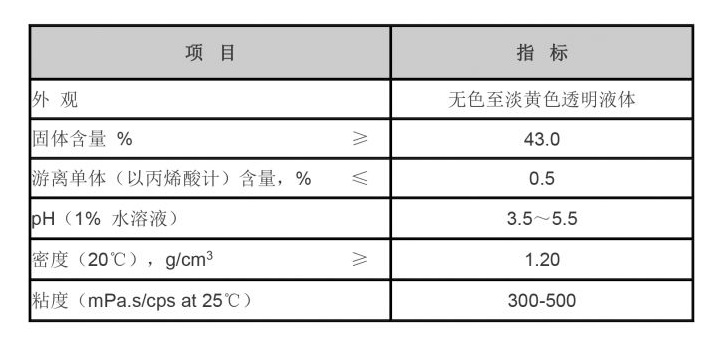water scale inhibitor
Water Scale Inhibitors Preventing Mineral Buildup in Water Systems
Water is an essential resource for various applications, ranging from industrial processes to residential use. However, in many situations, it carries dissolved minerals that can precipitate and form scale deposits on surfaces and equipment. This phenomenon, known as scaling, can lead to serious inefficiencies and costly maintenance in water systems. To combat this issue, water scale inhibitors have emerged as a vital solution.
Understanding Scaling
Scaling occurs when minerals, such as calcium carbonate, magnesium sulfate, and silica, reach a saturation point due to changes in temperature and pressure, causing them to precipitate out of the water. These scale deposits can accumulate on pipes, boilers, heat exchangers, and other water handling equipment. The consequences of scaling are manifold reduced flow rates, increased energy consumption, decreased heat transfer efficiency, and, ultimately, equipment failure. To mitigate these risks, water treatment systems typically incorporate water scale inhibitors.
What Are Water Scale Inhibitors?
Water scale inhibitors are chemical substances added to water systems to prevent the formation of scale. They can be organic or inorganic compounds and work by either sequestering the minerals or altering their crystallization processes. The primary goal is to keep the minerals in a stable solution, preventing them from forming solid deposits that can cause operational problems.
Types of Water Scale Inhibitors
water scale inhibitor

Several types of water scale inhibitors are commonly used, and they can be classified into two main categories
1. Threshold Agents These are substances that prevent scale formation by dispersing minerals and keeping them in suspension. They do not react chemically with the scale-forming ions but inhibit their ability to crystallize. Common examples include polyphosphates and phosphonates.
2. Crystal Modifiers These inhibitors alter the growth pattern of scale crystals, leading to the formation of smaller, less adherent crystals that can be easily flushed away. Acrylate-based polymers and maleic acid copolymers are typical examples of crystal modifiers.
Benefits of Using Water Scale Inhibitors
The use of water scale inhibitors offers numerous benefits. Firstly, they enhance the efficiency of water systems by maintaining optimal flow rates and heat transfer capabilities. This not only saves energy but also extends the lifespan of equipment by reducing wear and tear. Secondly, they can lead to significant cost savings, as preventing scale formation reduces the need for maintenance and cleaning, and ultimately minimizes downtime. Furthermore, the consistent use of these inhibitors contributes to overall water conservation efforts, as systems operate more efficiently and require less water.
Conclusion
Water scale inhibitors play a crucial role in modern water treatment processes. By preventing scale formation, they protect equipment and ensure the efficient operation of water systems across various industries. As the demand for water quality and efficiency continues to grow, the importance of water scale inhibitors will undoubtedly increase. Investing in effective scale control strategies is not just an operational necessity; it is a commitment to sustainable resource management and cost-effectiveness. In sum, water scale inhibitors are indispensable allies in the quest for optimal performance in water handling systems.
-
Water Treatment with Flocculant Water TreatmentNewsJun.12,2025
-
Polymaleic AnhydrideNewsJun.12,2025
-
Polyaspartic AcidNewsJun.12,2025
-
Enhance Industrial Processes with IsothiazolinonesNewsJun.12,2025
-
Enhance Industrial Processes with PBTCA SolutionsNewsJun.12,2025
-
Dodecyldimethylbenzylammonium Chloride SolutionsNewsJun.12,2025





